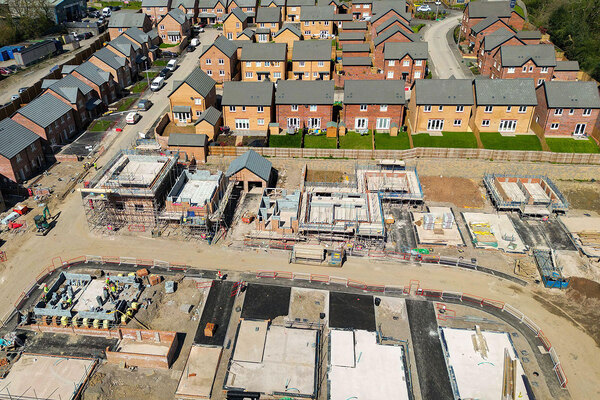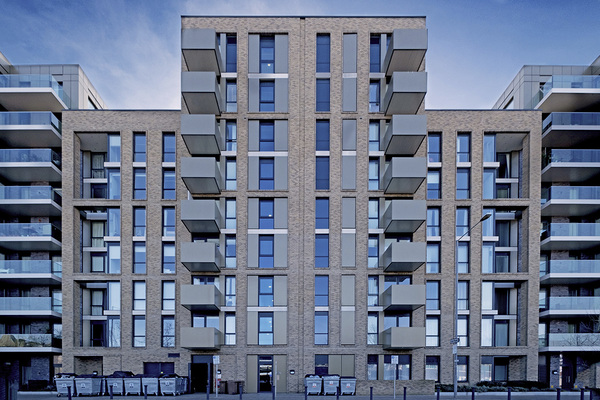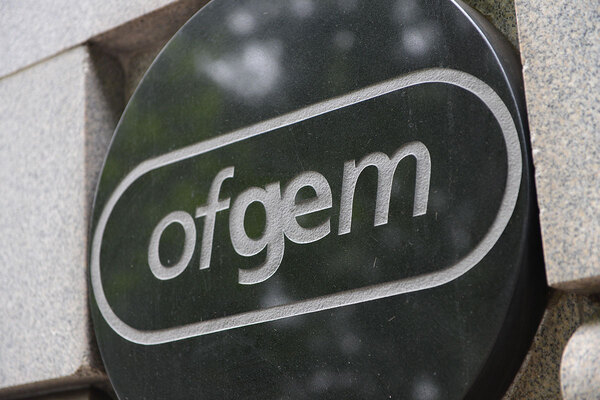You are viewing 1 of your 1 free articles
King’s Speech promises to ‘turbocharge housebuilding’ and abolish Section 21
The new Labour government is expected to use the King’s Speech this week to immediately abolish Section 21 ‘no-fault’ evictions and set out plans to “turbocharge housebuilding”.

The new Labour government is planning to use what it believes is its mandate for change following the general election to put economic growth at the heart of its legislative agenda at the state opening of parliament on Wednesday.
A package of more than 35 bills will set out plans for “turbocharging the building of houses and infrastructure, better transport, more jobs and securing clean energy”.
New housing secretary Angela Rayner previously pledged to deliver the “biggest boost to affordable housing for a generation” and “the next wave of social and council houses”, while the Labour Party committed to building 1.5 million homes over the next five years in its general election manifesto.
However, last week a number of trade and membership organisations in the sector set out why this target could not be delivered without more funding for social and affordable housing.
This is because new build projects are already being delayed and cancelled across the country due to “significant financial pressures and uncertainty”, housing providers warned.
The housing secretary was urged to address “years of policy uncertainty and underfunding” in a letter signed by the National Housing Federation, the Chartered Institute of Housing and the Local Government Association.
Ms Rayner was told how capped income, debilitating cuts, unfunded new requirements and soaring costs had “decimated” housing associations’ and councils’ housing budgets.
In response, her department has promised the “biggest increase in social housing and affordable housebuilding in a generation”.
Elsewhere in the King’s Speech, The Times has reported plans for a strengthened Renters (Reform) Bill that will immediately abolish Section 21 ‘no-fault’ evictions and empower tenants to challenge “unreasonable” rent increases.
The government is planning to publish a consultation on changing planning laws to force councils to identify land needed in their areas to meet future housing needs.
It is also expected to extend Awaab’s Law to private rentals, a policy first revealed in February.
The government launched a consultation on the proposals in Awaab’s Law, which will contain strict timescales for social landlords to respond to hazards, including damp and mould.
It is named after two-year-old Awaab Ishak, who died from a respiratory condition caused by prolonged exposure to mould in a Rochdale Boroughwide Housing flat.
Prime minister Sir Keir Starmer said: “Our work is urgent. There is no time to waste. We are hitting the ground running by bringing forward the laws we will need to rebuild our country for the long-term – and our ambitious, fully costed agenda is the downpayment on that change.
“From energy, to planning, to unbreakable fiscal rules, my government is serious about delivering the stability that is going to turbocharge growth that will create wealth in every corner of the UK.
“The task of national renewal will not be easy, and this is just the downpayment on our plans for the next five years, but the legislation set out at the King’s Speech will build on the momentum of our first days in office and make a difference to the lives of working people.”
Additional legislation will include a bill to enforce tough new spending rules, including a stronger role for the Office for Budget Responsibility, meaning significant fiscal announcements will have to be scrutinised properly and that taxpayers’ money should be respected.
The new government has so far enjoyed a warm welcome from the sector. Senior leaders and trade bodies reacted with hope and encouragement to the Labour Party’s general election victory earlier this month, but warned that “the time for talking is over, it’s time to build”.
Sign up for our daily newsletter
Already have an account? Click here to manage your newsletters











